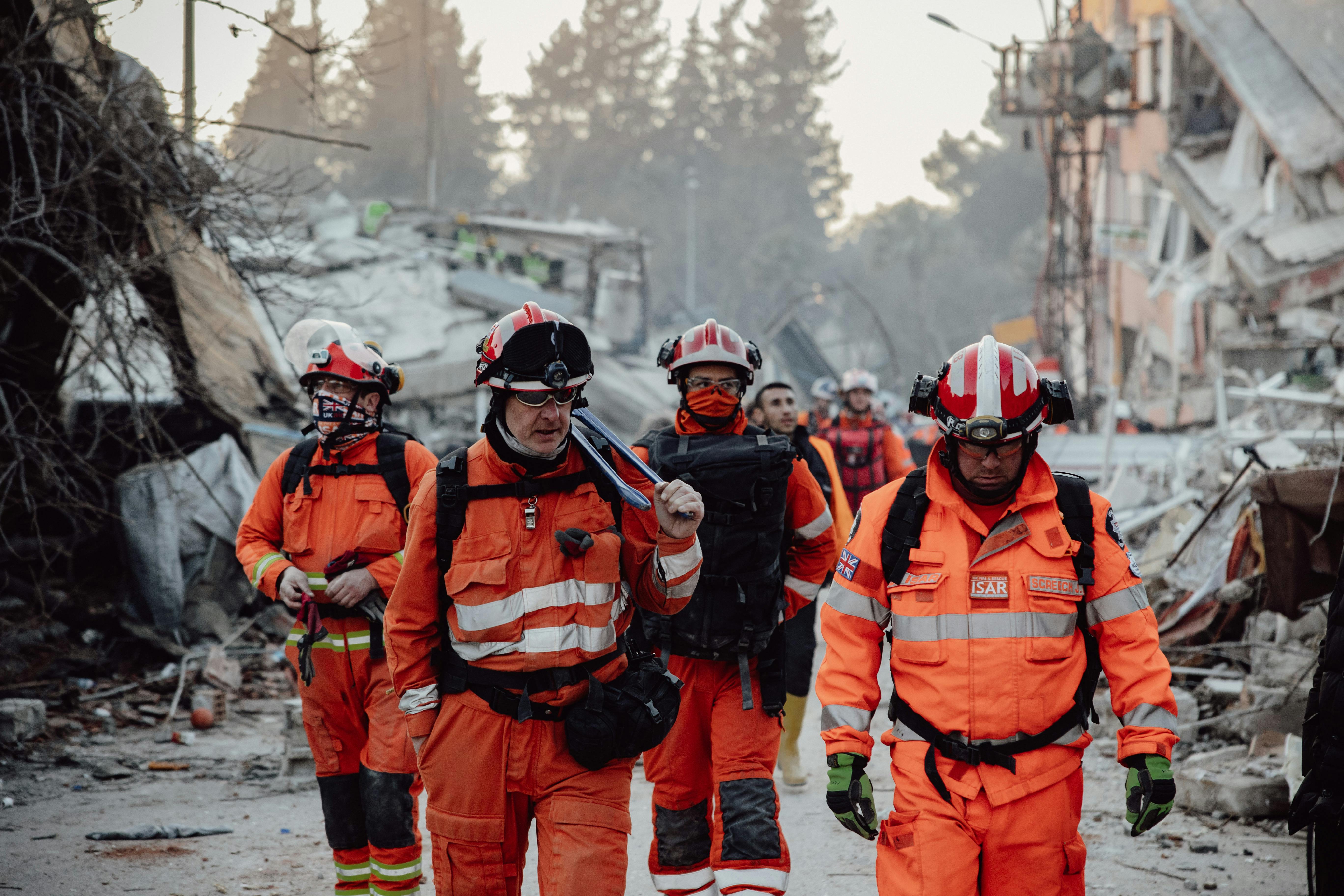The Importance of Disaster, Safety & Risk Simulation in Modern Industries
Published on March 19, 2025

Introduction
In today’s rapidly evolving industrial landscape, managing risks effectively is crucial. From natural disasters to workplace hazards, industries must prepare for potential threats to ensure safety, reduce financial losses, and maintain operational continuity. Disaster, safety, and risk simulation plays a vital role in this process by providing predictive insights and enhancing preparedness.
Understanding Disaster, Safety & Risk Simulation
Disaster, safety, and risk simulation involves modeling real-world scenarios to assess vulnerabilities and develop mitigation strategies. This approach allows industries to predict and prepare for emergencies, ranging from earthquakes and floods to cyber threats and industrial accidents.
Benefits of Simulation-Based Risk Management
- Enhanced Safety – Identifying weaknesses in emergency response plans before a disaster occurs.
- Cost Savings – Reducing financial losses by anticipating potential hazards.
- Data-Driven Decision Making – Leveraging simulation insights for strategic planning.
- Regulatory Compliance – Helping industries meet stringent safety standards.
- Operational Efficiency – Minimizing downtime and disruptions.
Real-World Applications
- Oil & Gas: Simulating offshore oil spills to develop rapid response strategies.
- Construction: Assessing earthquake resilience in high-rise buildings.
- Healthcare: Modeling emergency scenarios to improve hospital readiness.
- Transportation: Analyzing accident impacts on traffic flow and road safety.
How Industries Can Implement Simulation Techniques
- Mathematical Modeling: Analyzing probabilities of various risks.
- Digital Twin Technology: Creating virtual representations of assets for predictive analysis.
- Geospatial Analysis: Identifying disaster-prone areas for proactive measures.
- AI & Machine Learning: Using predictive algorithms to assess historical data and forecast future risks.
Conclusion
Disaster, safety, and risk simulation is essential for modern industries to protect lives, reduce financial risks, and ensure business continuity. Petrokens provides technology assistance and expertise in simulation-based risk assessment, helping businesses implement advanced strategies for resilience and efficiency.
